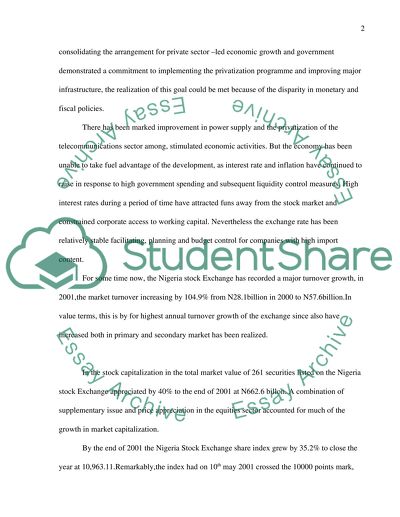Cite this document
(“Stock Market and Economy of Nigeria Research Paper”, n.d.)
Retrieved from https://studentshare.org/miscellaneous/1505310-stock-market-and-economy-of-nigeria
Retrieved from https://studentshare.org/miscellaneous/1505310-stock-market-and-economy-of-nigeria
(Stock Market and Economy of Nigeria Research Paper)
https://studentshare.org/miscellaneous/1505310-stock-market-and-economy-of-nigeria.
https://studentshare.org/miscellaneous/1505310-stock-market-and-economy-of-nigeria.
“Stock Market and Economy of Nigeria Research Paper”, n.d. https://studentshare.org/miscellaneous/1505310-stock-market-and-economy-of-nigeria.


